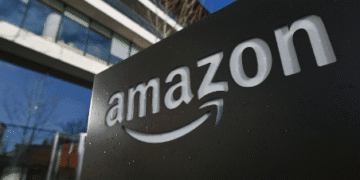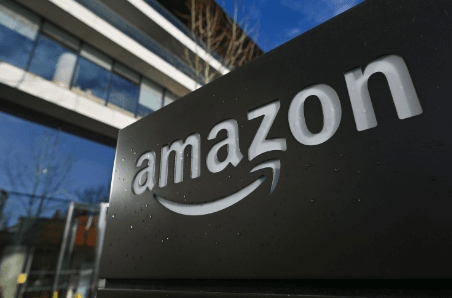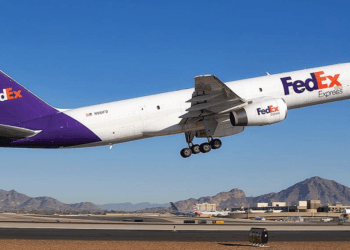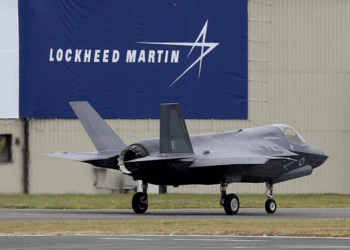Athira Sethu
Kochi, 29 April 2025
Amazon has made its first giant leap into space internet by sending up 27 satellites for its Project Kuiper. The project will offer high-speed internet across the globe, particularly in far-flung places where internet connectivity is scarce. The launch occurred on Monday, from Florida, aboard an Atlas V rocket of the United Launch Alliance, a Boeing- and Lockheed Martin-backed company.
These 27 satellites are just the start. Amazon is to launch a total of 3,236 satellites into low-Earth orbit. This $10 billion endeavor hopes to compete with SpaceX’s Starlink, which already has more than 8,000 satellites in orbit and has over 5 million customers in 125 nations.
Amazon initially revealed Project Kuiper in 2019, but the launch was postponed multiple times. They had initially anticipated starting in early 2024. The U.S. government wants Amazon to have a minimum of half of its satellites (1,618) in orbit by mid-2026. Because the project is off to a slow start, Amazon might request additional time.
Following the launch, Amazon will verify whether it is able to talk to all 27 satellites. If all goes according to plan, the company will begin delivering internet service to clients later in 2025.
This is a huge step for Amazon as it makes a foray into the satellite internet space. The company believes that its background in cloud computing and consumer goods will stand it in good stead. In 2023, Amazon had experimented with two prototype satellites, and these had functioned well. Now, the actual mission has started.
Project Kuiper will involve an internet connection through small devices. They have a vinyl record-sized antenna and a smaller one roughly the size of a Kindle. The cost of each device will be under $400.
Amazon has pre-booked 83 rocket launches with firms such as ULA, Arianespace of France, and Blue Origin, which is owned by Amazon founder Jeff Bezos. These launches will enable them to launch all their satellites into space.
Even though SpaceX is ahead, Bezos believes there is room for more than one winner. “There’s a huge demand for internet,” he said. “I think both Starlink and Kuiper will succeed.”
With more launches planned for this year, Amazon is now officially in the race to bring internet from space to the world.





















